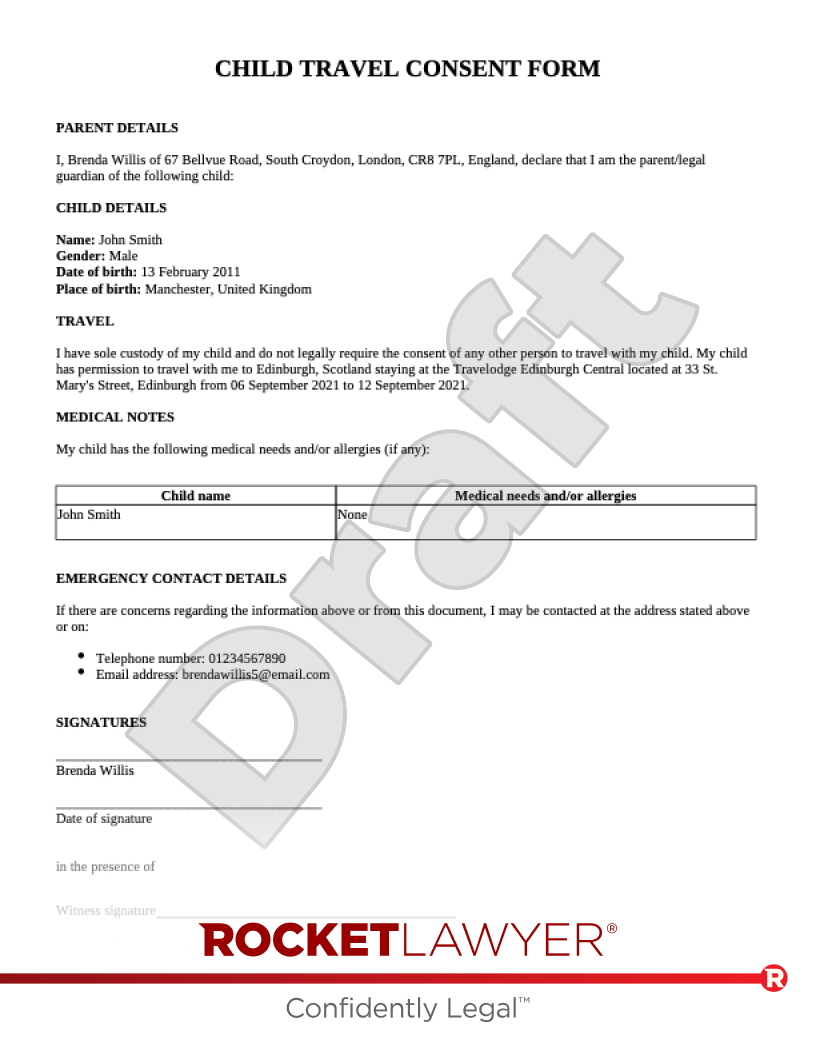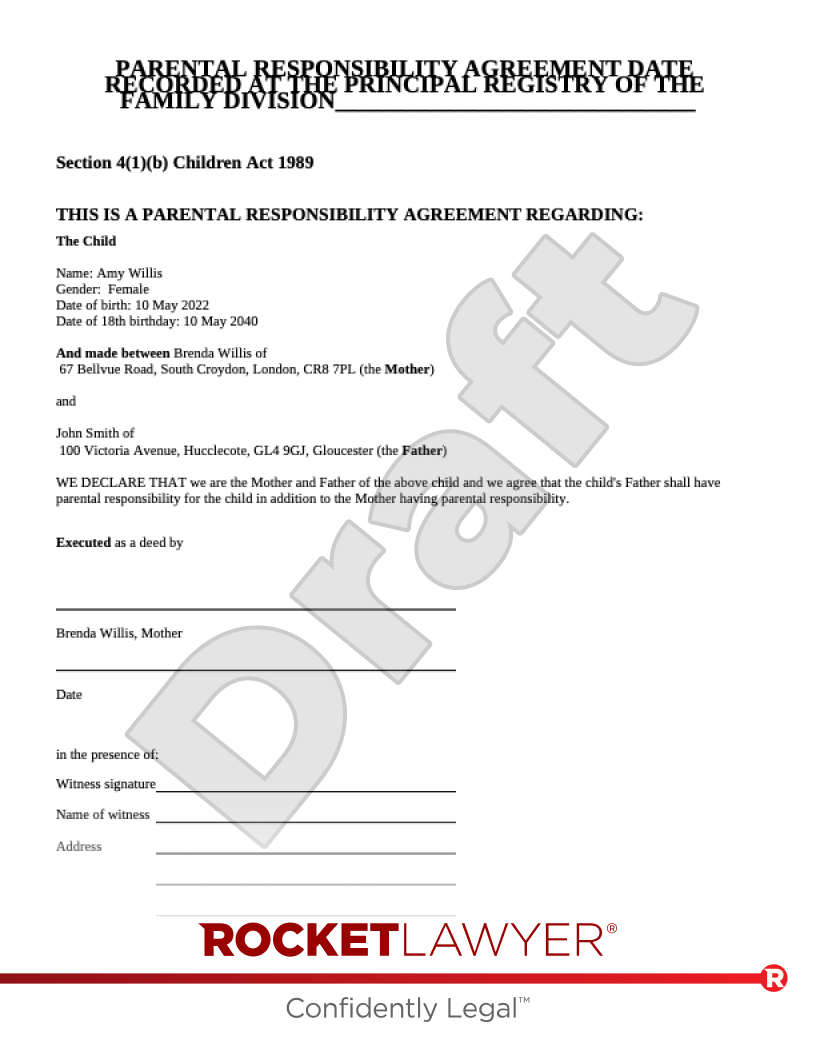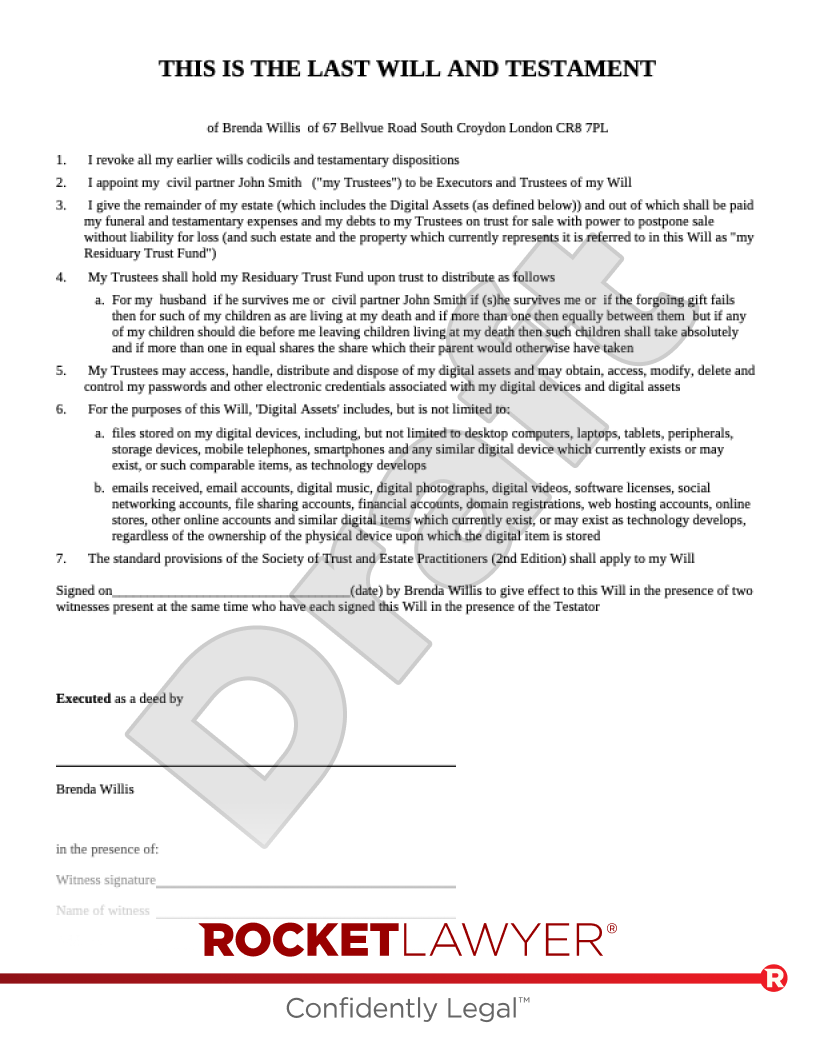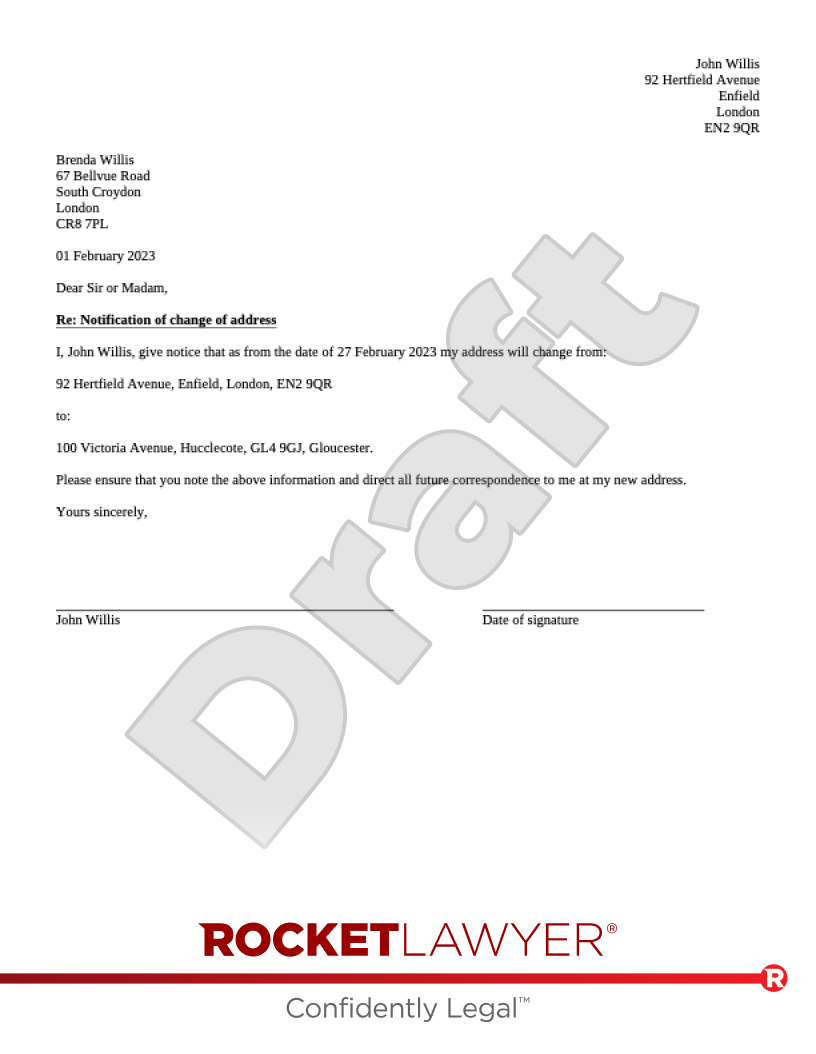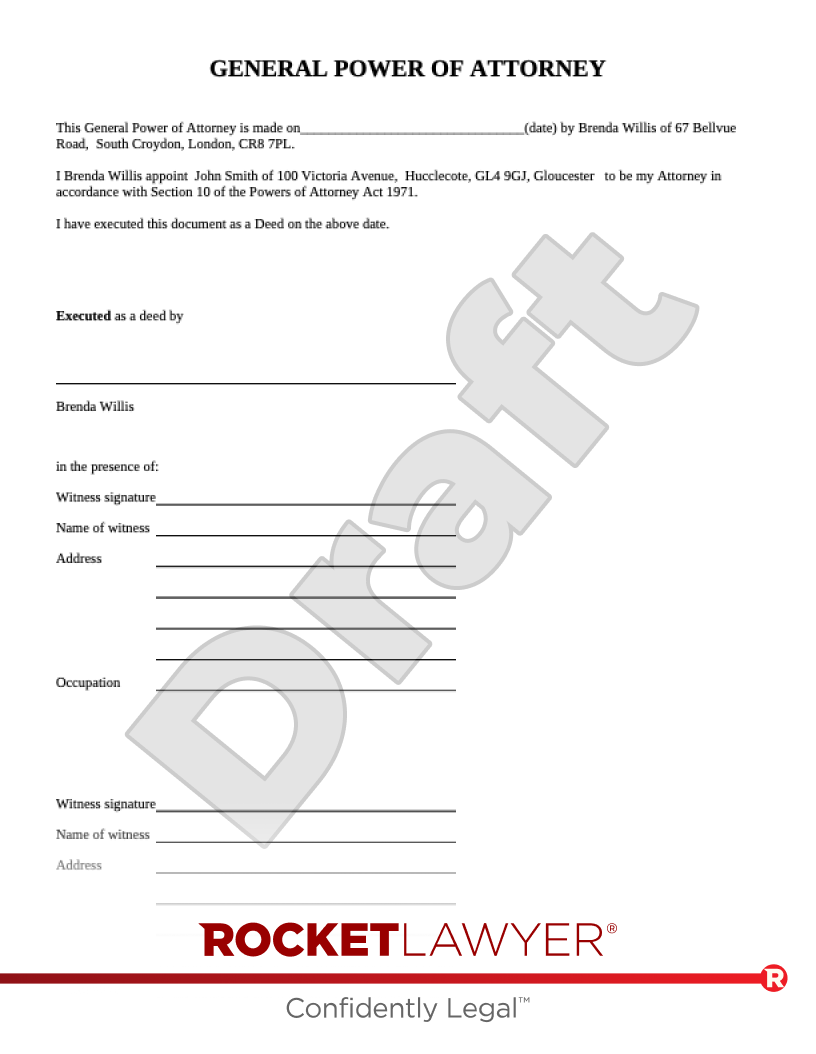Mothers automatically have parental responsibility for their child.
In England and Wales, fathers automatically have parental responsibility if they were married to the child’s mother at the date of birth. In Scotland, fathers automatically have parental responsibility if they were married to the child’s mother at the date of conception or if they married the child’s mother after the date of conception.
A father who is not married to the child’s mother can acquire parental responsibility by, for example:
-
marrying the mother after the birth (in England and Wales)
-
jointly registering the child’s birth with the birth mother (in England and Wales)
-
being named on the child’s birth certificate
Same-sex partners will usually have automatic parental responsibility over their partner’s child if they were:
-
married to or in a civil partnership with the child’s mother at the time of birth (in England and Wales)
-
married to or in a civil partnership with the child’s parent at the time they had the egg donation, embryo transfer, donor insemination or other treatment that produced the child
Alternatively, same-sex partners can usually obtain parental responsibility by getting married or entering a civil partnership with the child’s parent and then making a Parental responsibility agreement or jointly registering the child’s birth, or by applying for parental responsibility.
Parental responsibility can also either be agreed upon and confirmed in a written parental responsibility agreement with the child’s mother. This agreement usually needs to be signed and witnessed by the courts. Agreements can be with, for example, an unmarried father, an unmarried same-sex partner, or a step-parent. Alternatively, if an agreement cannot be reached, you can apply to the court for a court order declaring parental responsibility.
If both parents have died, the guardian of the child will usually have parental responsibility.
For more information, read Parental responsibility.




